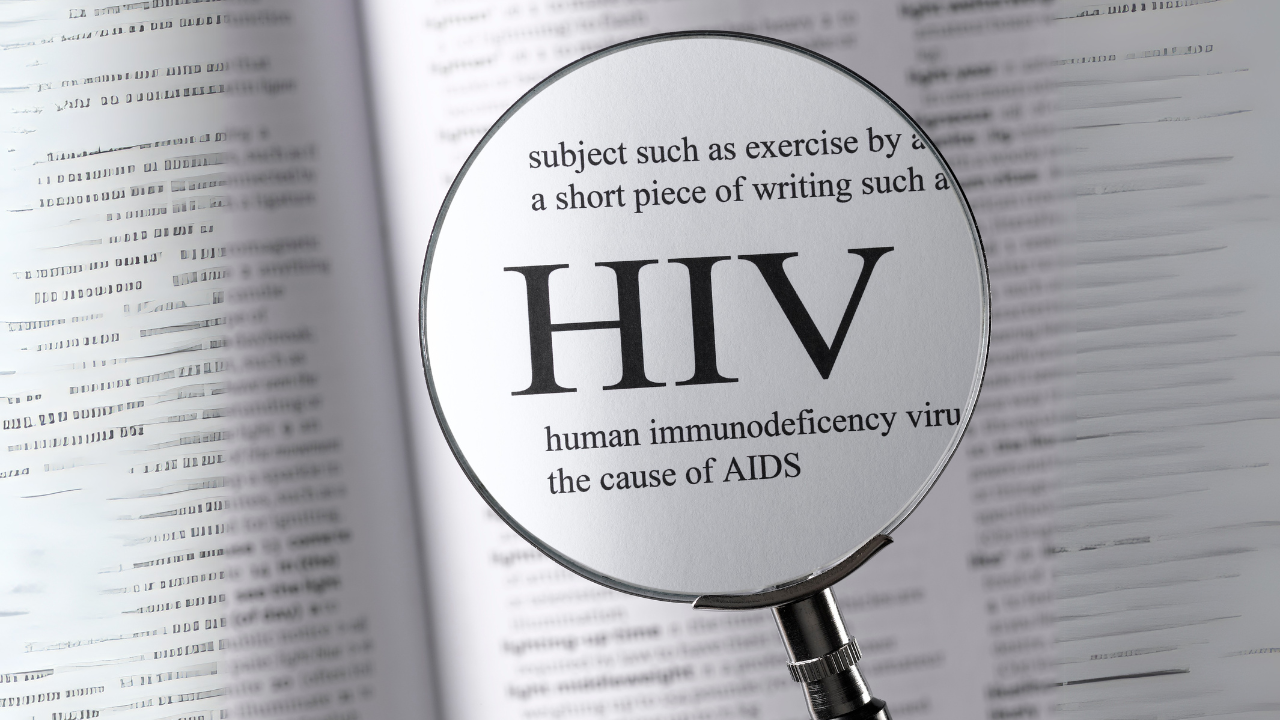+918042782195

This is your website preview.
Currently it only shows your basic business info. Start adding relevant business details such as description, images and products or services to gain your customers attention by using Boost 360 android app / iOS App / web portal.
HIV Specialist Doctor in Mumbai

HIV Specialist Doctor in Mumbai HIV Specialist Doctor in Marine lines HIV Specialist Doctor in Charni Road HIV Specialist Doctor in grant road HIV Specialist Doctor in Mahalaxmi HIV Specialist Doctor in Lower Parel HIV Specialist Doctor in Prabhadevi HIV Specialist Doctor in Mumbai Central HIV Specialist Doctor in Dadar HIV Specialist Doctor in bandra HIV Specialist Doctor in andheri HIV Specialist Doctor in borivali HIV Specialist Doctor in dahisar HIV Specialist Doctor in Mira Road HIV Specialist Doctor in Bhayandar HIV Specialist Doctor in Vasai HIV Specialist Doctor in Nallasopara HIV Specialist Doctor in Virar HIV infection, also known as Human Immunodeficiency Virus infection, is a serious and potentially fatal condition that affects millions of people worldwide. It is a virus that attacks the immune system, specifically targeting CD4 cells, which are crucial in helping the body fight off infections. As the virus progresses, it can lead to Acquired Immunodeficiency Syndrome (AIDS), which is the final stage of HIV infection and is characterized by a severely weakened immune system. Diagnosis of HIV infection is typically done through a blood test that detects the presence of HIV antibodies or the virus itself. This test is usually performed in a healthcare setting, such as a doctor’s office or clinic, and involves drawing a small sample of blood from the individual. The test is highly accurate and can detect HIV infection within a few weeks of exposure to the virus. There are several different types of HIV tests available, including rapid tests that can provide results in as little as 20 minutes. These tests are often used in community health settings or outreach programs to quickly identify individuals who may be infected with HIV. In addition to blood tests, there are also oral swab tests that can detect HIV antibodies in saliva. Once a diagnosis of HIV infection has been confirmed, it is essential for individuals to seek medical care and begin treatment as soon as possible. The goal of HIV treatment is to suppress the virus and prevent it from replicating in the body. This is typically done through a combination of antiretroviral medications, which are drugs that specifically target HIV and inhibit its ability to spread. Antiretroviral therapy (ART) has been shown to be highly effective in managing HIV infection and reducing the risk of developing AIDS. It is important for individuals with HIV to take their medications consistently and as prescribed by their healthcare provider. Skipping doses or not following the prescribed regimen can lead to drug resistance and treatment failure. In addition to antiretroviral therapy, individuals with HIV may also be given other medications to prevent and treat opportunistic infections, which are infections that take advantage of a weakened immune system. These infections can include pneumonia, tuberculosis, and certain types of cancer. It is important for individuals with HIV to stay up to date with their vaccinations and receive regular screenings for these infections. In addition to medical treatment, individuals with HIV can also benefit from making lifestyle changes that can help improve their overall health and well-being. This can include eating a healthy diet, getting regular exercise, avoiding alcohol and drugs, and practicing safe sex to prevent the transmission of HIV to others. It Is also important for individuals with HIV to seek support from healthcare providers, counselors, and support groups. Living with HIV can be challenging, and having a strong support system in place can help individuals cope with the physical and emotional aspects of the condition. In conclusion, HIV infection is a serious condition that requires prompt diagnosis and management to prevent the progression to AIDS and improve the quality of life for individuals living with the virus. With the advances in antiretroviral therapy and medical care, many individuals with HIV are able to live long and healthy lives. It is important for individuals to seek medical care as soon as possible if they suspect they may be infected with HIV and to follow their healthcare provider’s recommendations for treatment and care.

